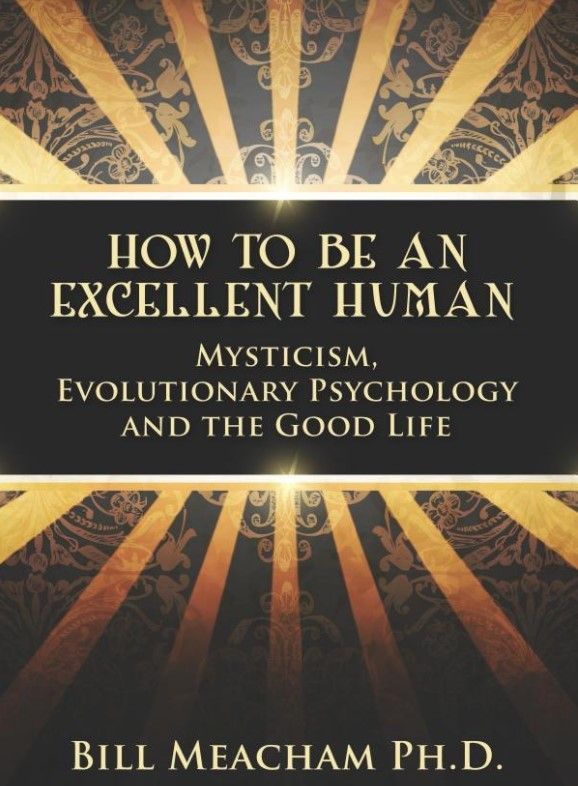What do you do with a peak experience?
Sometimes we have an insight that seems so awesomely complete and true that we cannot doubt it, and it changes our life. Perhaps it comes from reading a passage from a great philosopher, a passage that seems to speak to us exactly where we are, resolving a deeply-felt quandary. Perhaps it comes from being awestruck by grandeur in nature, or perhaps by something not so grand, something very tiny but infinitely beautiful in its perfection. Perhaps it comes during a deep spiritual practice, or after many years of diligent practice, after we have opened our heart and stilled our mind, and we receive some glimpse of a mystical vision, an insight into the hidden truth of all things that puts them all in context and links them all together into an incontrovertible and fiercely beautiful whole. Perhaps it comes in a dream. Perhaps it comes from listening to an inspiring teacher. Perhaps it comes unbidden, seemingly from nowhere, and we realize that it has come from everywhere at once.
Some philosophers – Plato comes to mind – seem to think that such a vision is the end and goal of philosophy. In the Symposium, Plato has Socrates speak of the progression of love from human to divine. Love, he says is the attraction to beauty and the desire to possess it. We start with physical love, by loving one beautiful body, and then progress to love of beautiful bodies in general. Then we move to spiritual love, love of a beautiful soul, and then to love of more and more abstract things like laws and institutions and sciences. Finally we progress to the most sublime beauty of all:
“[T]here bursts upon him that wondrous vision which is the very soul of beauty .. an everlasting loveliness … an eternal oneness…. And if … man’s life is ever worth the living, it is when he has attained the vision of the very soul of beauty.”[1]
This is certainly a peak experience, an epiphany, and something worth striving for.
The problem is, one person’s epiphany is another person’s delusion.
Suppose your epiphany tells you that your religion is the only true religion and all the others are evil abominations that must be exterminated. And suppose someone else, of a different religion, has the same insight, except that his (or hers) is the true one and yours is the abomination. The consequences, as we know, can be quite bloody and intractable.
Suppose your epiphany is so beautiful that you return to it again and again in memory, lingering over its exquisiteness, but ignore what is happening in your life. You become lifeless, passive, withdrawn, at the mercy of the winds of fate. Sometimes you feel a hint of sadness about what your life has become, but you remember how beautiful it once was, and that gives you consolation.
The point is, having a beautiful peak experience is one thing and what you do with it afterwards is quite another.
Sufi teachings distinguish between two kinds of experience:
- Hal, translated as “state”; a temporary state of intense feeling.
- Maqam, translated as “station”; a relatively permanent orientation to life and the world.
The peak experience is a hal, beautiful and transcendent and awesome, to be sure, but temporary, and ultimately worthwhile only if it has good effects. What is more important is the maqam, the way you exist in the world. Are you loving and compassionate, helpful to others? Or are you arrogant and conceited, sure that you know the truth about life? Or are you merely dazed and bewildered? What is the quality of the inwardness that is private and uniquely yours? Are you peaceful and content? Invigorated? Bored and disgruntled? Afraid and angry?
As philosophers, lovers of wisdom, we must not take our peak experiences uncritically. We can enjoy them, but then we must think about them, see whether their intellectual content makes sense, and observe and evaluate the effects they have on our lives. Only then will we know whether they contain truth or not, and whether they are good guides for living.
Plato, Symposium, 210a – 211e, in The Collected Dialogues of Plato, ed. Edith Hamilton and Huntington Cairns (New York: Pantheon Books, 1961), pp. 561-563. ↩︎

How To Be An Excellent Human
Mysticism, Evolutionary Psychology and the Good Life by Bill Beacham, Ph.D.

